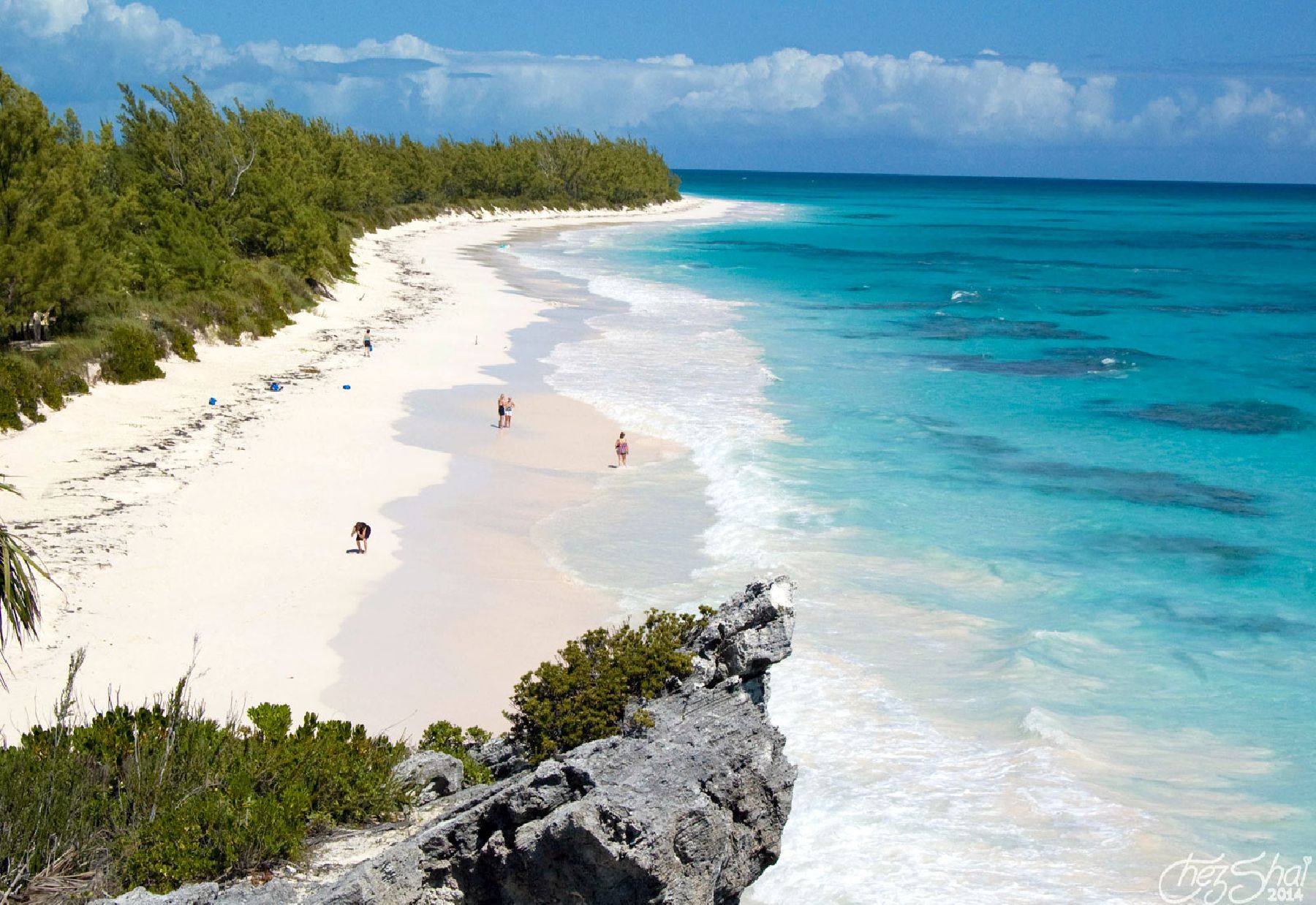
Eleuthera, whose name comes from the Greek word for freedom, holds one of the most remarkable stories in Bahamian history. In 1648, a group of English settlers known as the Eleutheran Adventurers left Bermuda seeking religious freedom. Their voyage was treacherous, and many were shipwrecked on the notorious Devil’s Backbone reef, a jagged stretch of coral that has claimed countless vessels through the centuries. Survivors of the wreck sought refuge in Preacher’s Cave, where they established one of the earliest permanent European settlements in The Bahamas.
This beginning set the stage for Eleuthera’s enduring connection to the sea. Many of the Adventurers and their descendants moved to nearby Spanish Wells, where they developed a fishing tradition that still thrives today. Over generations, Spanish Wells became known as the “Fishing Capital of The Bahamas,” with its fishermen gaining worldwide recognition for their skill, especially in the harvesting of spiny lobster.
Beyond its maritime heritage, Eleuthera is equally celebrated for its agriculture. By the 18th and 19th centuries, the island’s rich soil supported large-scale pineapple farming, and Eleuthera gained fame as the “Pineapple Capital of the World.” The sweet, golden fruit became a major export, and the legacy lives on in Gregory Town’s annual Pineapple Festival, which honors the island’s agricultural roots.
Today, Eleuthera is remembered not only for its role in Bahamian history but also for the way its people adapted — from the trials of shipwreck and survival to thriving industries of fishing and farming. Its story is one of freedom, resilience, and tradition, woven into the island’s culture and landscape.
